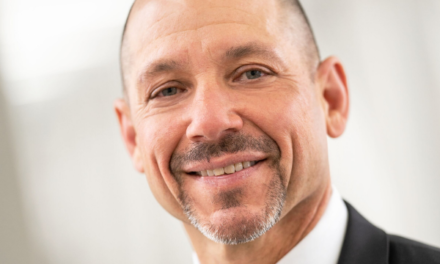
Panelists: Wisconsin on cusp of payment reform
The movement for payment reforms that compensate providers for value rather than individual services is just beginning, panelists said at a Wisconsin Health News lunch briefing Tuesday.
“We’ve set the stage in Wisconsin,” John Foley, Anthem Blue Cross and Blue Shield’s regional vice president of provider solutions said. “We have the right people sitting at the tables and having the discussion, so we’ve got a lot of assets working in our favor.”
Foley said that reforms face barriers as health systems and payers have their systems set up around transactions, which are only part of the discussion.
“What we have to do is have a personal relationship with patients, understand all their needs and have the care centered around them, then we come in and say, ‘How do you finance something like that?'” Foley said.
Karen Timberlake, director of the University of Wisconsin Population Health Institute, said payment reform involves taking a look at all aspects that could contribute to an individual’s health.
“Although that starts to sound like boiling the ocean, as we put healthcare providers more at risk and hold them more accountable for those outcomes, all of a sudden those other drivers and those other determinants of health become directly relevant to the conversation,” Timberlake said.
Timberlake said moving into a payment for value model requires a variety of competencies for providers and payers, such as comfort and familiarity with the data, trust and strong relationships, willingness to take risk and taking a long view.
From her perspective, while the provider and payer community are ready for these changes, “we’re not seeing alignment of approach.”
“The question, if I were to put on the provider hat for a minute, becomes how do we in a state with a diverse, pluralistic, healthy and thriving payer and insurance landscape, how do we get from 15, 18 or 20 flavors of payment for value to something that looks more aligned and has the patient and the person at the center and really unifies those forces,” Timberlake said.
She said providers who are ready to be paid for value should ask for it. Dr. David Krueger, executive director of Bellin-ThedaCare Healthcare Partners, said payers and providers have varying states of readiness.
“There is a critical mass issue where both sides need enough of the participants, we need enough payers aligned with us and the payers need enough of us aligned with them, for this to make sense,” Krueger said. “But since we are all at different stages, we probably all have to get together and agree on a general pathway of getting there so we can each plug each other to where we are in the pathway.”
He said he’s optimistic because of the work those in the state have done so far. But, he said, it’s going to take a lot of work to get that alignment and without it, “we’re not going to get very far.”
He noted every healthcare organization has its own structure that will require them to experiment.
“I don’t think anybody, anywhere has the answer,” Krueger said. “I think what we’re trying to do is turn around what has become a burden for us in high costs and not the best outcomes on a global scale and trying to re-incent our environment. Because I truly believe that we could probably be the leaders of the world in healthcare if we set up our payment incentive structures and we’re purchasing value.”





